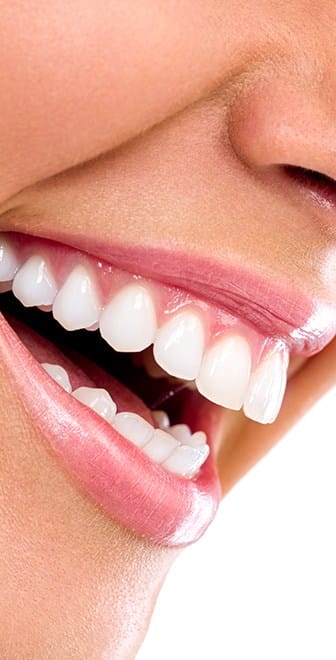Extractions
![]()
Wisdom teeth extractions are a fairly common procedure performed at All About You Dental Care. Developing wisdom teeth often cause problems while they push upwards through the gums. When a wisdom tooth becomes impacted, it indicates the tooth is coming in at an incorrect angle and not directly upwards through the gum tissue. This tends to cause pain and result in the tooth growing in unevenly. For some extraction patients, the wisdom tooth might only emerge partially.
When a wisdom tooth emerges partially and grows into an incorrect position, the unwanted result can be a flap of skin tissue that develops over the tooth. This unneeded extra tissue can make the tooth and the surrounding area tough to clean. Additionally, the problematic flap can form a type of trap for food particles that can raise the risk of cavities or infection. This uncomfortable condition – known as pericoronitis – triggers swelling and discomfort. In some instances pericoronitis may run its course and go away naturally, but in other cases dental treatment is required.

Impacted Teeth
![]()
Impacted teeth and wisdom teeth that may lead to difficulties like infections should be removed. Extractions can range from the removal of a single tooth to the removal of all four wisdom teeth at once. Based on the preference of the dentist and the patient, a local anesthetic might be used to numb the areas where the teeth will be extracted. Some extraction patients choose to go under a general anesthetic so that they will be sedated throughout the procedure.
The Extraction Procedure
![]()
To access the wisdom tooth, the gum tissue around it is incised. The dentist then uses firm grips and wiggles the tooth back and forth to loosen it, gradually detaching it from the gum so it can be removed by lifting it out. In cases where the tooth is tightly impacted and cannot be easily removed, it may need to be broken into smaller pieces first. The necessity of sutures to close the incision depends on the specifics of the cut and the extraction site. Soluble sutures are often preferred as they dissolve on their own, eliminating the need for additional treatment to remove them.
After Dental Extraction Surgery
Following this type of oral surgery, it’s crucial to allow yourself plenty of time to rest. Make arrangements for a friend or family member to drive you home, as the effects of anesthesia might still be present. Initially, the area where the tooth was extracted may bleed for a short while. Gauze will be placed at the surgery’s conclusion, and it’s important to replace it as needed. Should the bleeding persist for more than a day, don’t hesitate to contact Dr. Lavrisa. While resting at home, avoid lying flat to prevent prolonged bleeding. Instead, use a pillow to keep your head elevated. Pain medication may be prescribed to manage any ongoing discomfort or soreness following the extraction. Applying an ice pack can help reduce pain and swelling. Additionally, your dentist might provide a cleaning solution to prevent infection at the extraction site.
For a few days after your surgery, you’ll need to stick to soft foods. Foods that require little to no chewing.
Avoid using a straw when drinking, as the suction can disrupt sutures and the clotting process. Smoking is also discouraged following an extraction. Contact your dentist for a follow-up appointment if you experience persistent pain, bleeding, or irritation.

